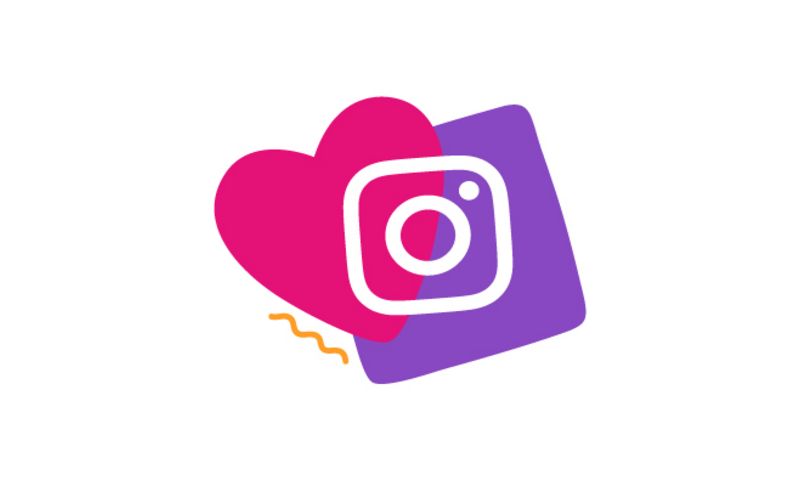Facebook has a new Messenger app out and what you should know is that is that it’s for Android and is launching first in a few countries including Kenya. Called Lite, it’s built for lower internet speeds which is obtainable in many developing nations. According to Facebook, Messenger Lite is a slimmed down version of Messenger that offers the core features of Messenger for markets with slower than average internet speeds and a prevalence of basic Android smartphones.
[xyz-ihs snippet=”Facebook-Messenger-Lite”]
The app is under 10MB and this makes it quicker to install and start up.
The app will roll out to users in Kenya, Tunisia, Malaysia, Sri Lanka and Venezuela with plans to launch in other nations in the coming months.
39 percent of people in Kenya according to statistics have access to the internet with an average download speed of 7.31Mbps and an average upload speed of 2.34Mbps.
What is not clear though is whether services like chatbots don’t make it into the app. I say this because in typical Facebook fashion, they exempt bandwidth consuming services from apps like this. An example of this would be last year’s decision by Facebook to open the internet.org platform to developers. Voice over Internet Protocol (VoIP) and video services were exempted because allowing them would defeat the entire scope of the project in the first place which is to allow users in remote regions access the internet for basic stuff for free.
Why Android?
According to a 2015 IDC report, Middle East and Africa (MEA) smartphone shipments totaled 155 million units in 2015 after increasing 66% year on year during the first quarter to reach more than 36 million units……. The strong growth in the region’s smartphone market is largely being driven by the emergence of low-priced devices that are primarily powered by Android. Indeed, almost half of all the smartphones shipped across Africa (45.1%) in Q1 2015 were priced below $100, while almost 75% fall under $200. Low-priced smartphones are also having a considerable impact in the Middle East, with the $100–200 price band accounting for the market’s biggest share.
Android has a huge presence in emerging markets and easily outshines Apple’s iOS in many of these markets so it’s not surprising that Facebook would choose this platform. On a lighter note though, if you have an iPhone, maybe data shouldn’t a big problem for you. Just saying.
Discover more from TechBooky
Subscribe to get the latest posts sent to your email.















